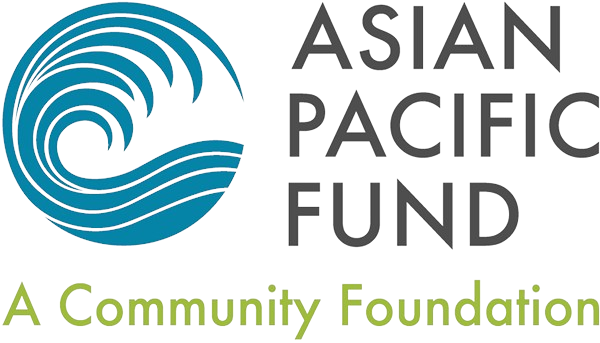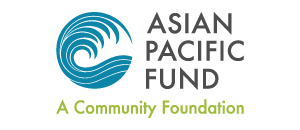Becoming Chinese
Emilie Robert Wong, 2nd Place
9th Grade
Palo Alto
Amy Tan wrote, “As soon as my feet touched China, I became Chinese.” I went to China, and nothing happened.
In some ways, I have been dutifully preparing all my life to “come home” to China. My mother insisted I attend Chinese school, diligently studying hundreds of intricate characters and learning my Mother Tongue. I studied Chinese dance, and every year for the past decade, I have performed in San Francisco’s Chinese New Year parade, first waving from a float, later dodging firecrackers and dancing with a silk fan or leading the dragon dance with the golden pearl. I began drumming the large Chinese “dagu” when I was barely a foot taller than the drum, itself. My Gung Gung’s family is Toisan from six generations back. My Por Por is Hong Kong-born, and her family is from Sun Woot. These are the first phrases I learned to say, originally in Cantonese and later in Mandarin, but all my relatives either escaped China during the war or were lost to us. There were no kindly aunties for me to visit or cousins with whom I could correspond. I had never even been to China. Despite this fact, I had always pictured going to China as “coming home.”
When I finally arrived in China for a two-month cultural exchange, however, no magical transformation occurred. I completed my daily assignments in Mandarin. I made friends and helped them combat their “ya ba yingyu,” (mute English: can read and write, but cannot speak) while overcoming my own “ya ba zhongwen” (mute Mandarin). My Mandarin improved, but I still felt like a “waiguo rEn,” (wai means outside or foreign, foreigner). Being Chinese has layers like an onion. My Por Por never even told my mother her Chinese name. She left all those things behind when she left China. There are things that no American Born Chinese, no matter how beloved, can ever understand. My mother always claims that she would have married another Chinese, but no Chinese boy ever asked her out on a second date. Why? “Your mama talks too much,” my Por Por would say. So instead my mother married my father, a new immigrant, Fresh Off the Boat from France. So what does that make me? No matter how much I study and dance and drum, there’s always another layer underneath. There’s always a way in which I could be, should be, but am not “really” Chinese. The crazy thing about an onion is that it grows from the inside out. The heart is where the green, growing place is. I had thought that after so much time trying to become Chinese, peeling back layer after layer by perfecting my accent and learning about my culture, that maybe by going to China, I would finally penetrate the green, growing heart of being Chinese. I had thought that maybe I could just breathe China in and become Chinese. What a disappointment! The longer I stayed in China, the more I realized how profoundly different I was from the “real” Chinese.
All this changed one day when I asked one of my “real” Chinese friends, Cui Jie, “Am I a waiguo ren?” She replied with a pun, “Bu shi, ni shi zhongguo ren” (zhong means center or China, you are an inside person or Chinese). “But we’re so different,” I protested. “Mei guanxi (not important),“ she insisted, “I would rather be Chinese like you living in America than Chinese like me!” So I did not “become Chinese” as I expected by going to China, but now I think about being Chinese differently. “Insider” or “outsider,” I am not more or less “really” Chinese than the Chinese in China. I learned from Cui Jie that who I am defines what “being Chinese” is, not the reverse. I can be a unique blend like Tiger Woods, a self-proclaimed “Cablinasian.” Or I can be like Keanu Reeves, who started out portraying a SoCal Valley Boy and ended up being Zion’s Chosen One, all without reference to his multiracial background. Does President Obama ever ask himself if he would have won the election if he had continued to try to fit into the majority community as Ann Dunham’s son, Barry, instead of embracing his absent father’s African heritage? In 2000, California’s minorities became the “New Majority,” and now, people checking the box “two or more races” are the fastest growing group in the US. Who knows what what surprises lurk in the 2010 census? Does it really matter? I am the green, growing heart of the onion, and who I am will help determine what the next layer will be.

